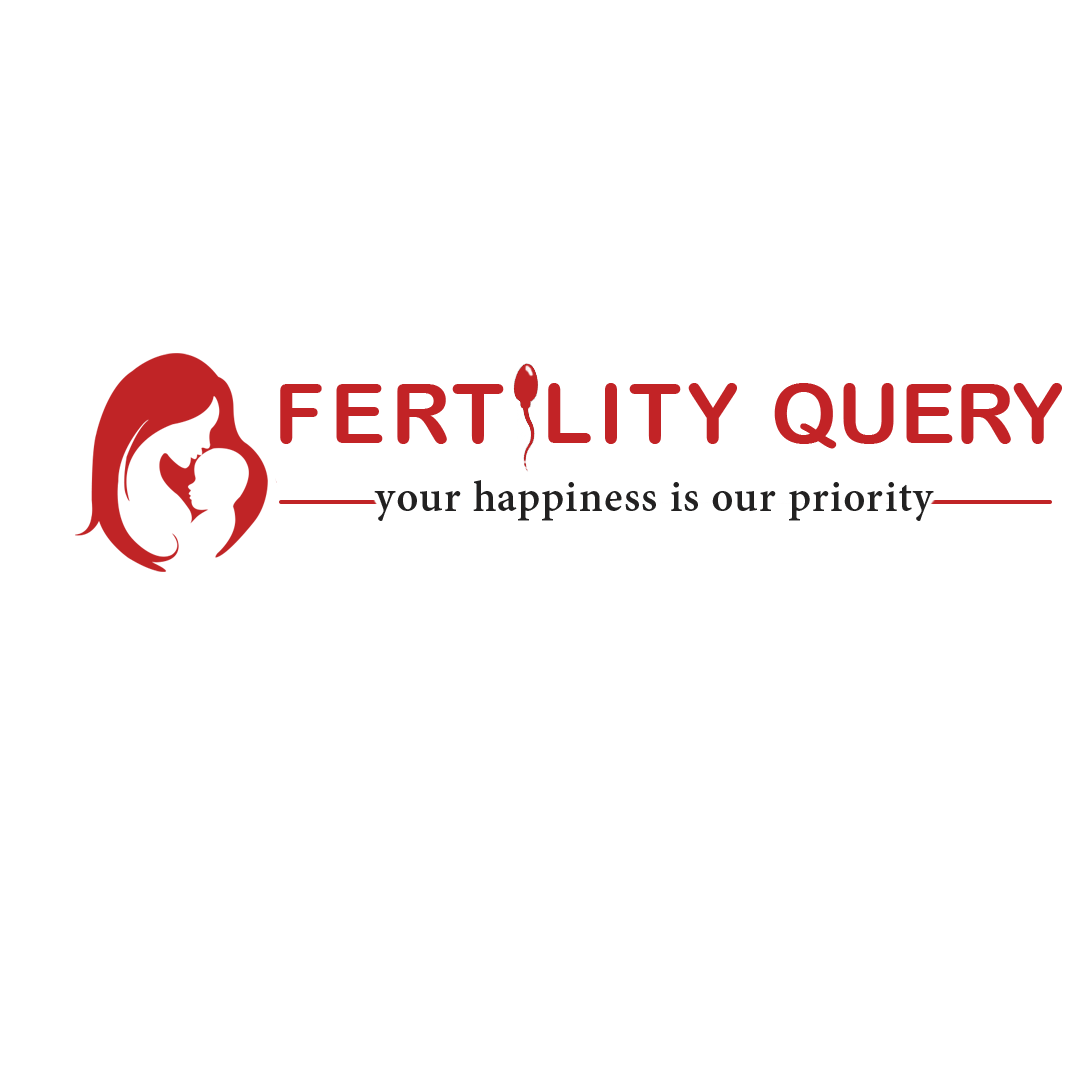What Is Intrauterine Insemination (IUI)?
ICSI – IVF Treatment: Infertility is a common problem, with approximately 20-30% of couples worldwide facing issues in becoming pregnant after one year of regular intercourse without contraception. In fact, 56% of these couples require treatment.
Intra Cytoplasmic Sperm Injection (ICSI) is a specialized form of in vitro fertilization used in cases of extreme male infertility, after repeated failed attempts at conventional IVF, or after egg freezing.
Who needs to have ICSI ?
The doctor recommends ICSI treatment to a couple in the following situations:
- If the male partner has low sperm count
- If the male partner has poor sperm morphology or motility
- If the couple has previously tried IVF treatment and very few or no eggs were fertilized
- If frozen sperm with low quality is being used in the treatment
- If the couple is undergoing embryo testing for genetic conditions and the sperm fails to reach the site of fertilization or sticks to the outside of the eggs.
Procedure
STEP 1 : Expert Consultation
The fertility consultation at Fertility Query includes an open discussion with a fertility specialist, followed by a thorough medical examination. An embryologist suggests alternatives available to address issues related to sperm.
STEP 2 : Stimulation
The female partner is asked to visit on day two or three of her menstrual cycle when hormonal investigations and other required findings are done, along with an ultrasound. The ovaries are stimulated with medication and necessary drugs to stimulate the growth of follicles containing the eggs. This process can last for eight to 12 days. The ovaries, including the quantity and quality of follicles recruited, are monitored through ultrasounds and blood investigations at regular intervals.
STEP 3: Egg Collection
After taking the medicine for eight to 12 days, an injection is given to trigger the final maturation of the egg and loosen it from the follicular wall. The patient should visit the clinic 34-36 hours after receiving the trigger for the egg retrieval process. The retrieval procedure is performed under mild sedation with ultrasound guidance to ensure a painless experience.
STEP 4: Sperm Collection
On the day of egg collection, a fresh semen sample is provided by the male partner, which is analyzed and processed by an embryologist in the ART lab. In this procedure, sperm processing (post-ejaculation) is different. If required, sperm can be extracted from a testicle or epididymis in a separate procedure.
STEP 5: Embryo Transfer
After evaluation in the laboratory, the finest embryos are chosen for transfer, and depending on their quality, a preferred day is decided for embryo transfer.
STEP 6: After Transfer
Supportive medicines are prescribed after the embryo transfer to assist with the embryo’s implantation in the uterus. Pregnancy tests are conducted after a fixed period of time to confirm the pregnancy.


